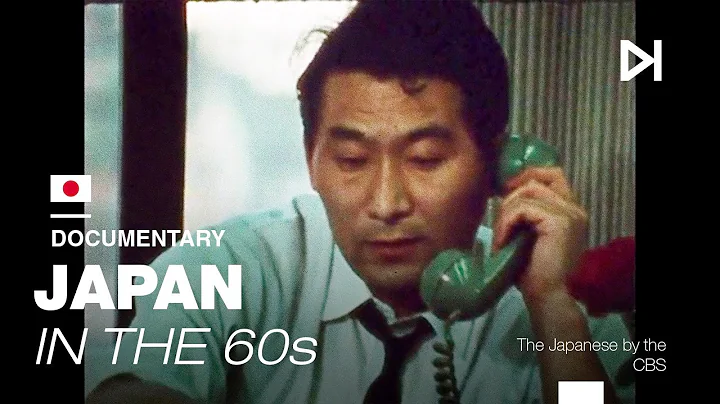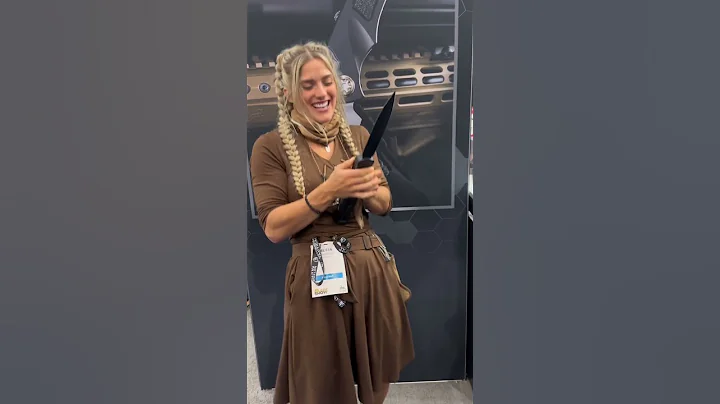During the Spring Festival of 1995, "红区" directed by Tang Jili was released in the mainland, setting a record for the highest box office revenue since the founding of the People's Republic of China. It was also the first time that the concept of "New Year's film" was introduced to the mainland.

Tang Jili recalled that the Spring Festival at that time was actually not an ideal schedule. People had to go home for the New Year and theaters were closed. But there happened to be a cinema in Guangzhou that was still open, and it was packed with people who bought tickets. In one afternoon, the whole country knew. The next day, movie theaters across the country opened one after another.
Four years later, Tang Jili won the "Asian Media Leadership Award" and was on the rise of his career. However, in this year, he did not hesitate to sell his real estate in the United States, give up his permanent residence, , and return to China to develop .
His decision has a close relationship with Long Yongtu, China's chief negotiator for joining the WTO...
Entered Hollywood but resolutely returned to China
Tang Jili's success in the American film industry can also be traced to the film "Red" he directed. Speaking of "District".

He used the action scenes, kung fu and comedy elements unique to Hong Kong movies to show them through Jackie Chan "can do what others cannot" stunts. Chinese-style heroes and Chinese-style action films have conquered global audiences.
In 1994, "Red Zone" not only broke box office records in Hong Kong and Southeast Asia, but also became the first Chinese-language film to be screened simultaneously in more than 2,000 theaters in the United States.
At that time, Tang Jili was a popular first-line director in the United States. He could get tens of millions of yuan in fees for making a movie in the United States, and the production cost of a TV series was close to 16 million yuan per episode.

Hong Kong director Tang Jili:
It is actually my life’s dream to break into Hollywood. Why can't we film in Hollywood? We have thousands of years of history, while they only have more than 200 years. We have always been very strong. We have Chinese martial arts and kung fu culture, and we have a profound history. I think Chinese hero stories are actually very attractive, so I wrote the story "Red Fan District". The box office of gave me a lot of inspiration. I feel that the future of China's reform and opening up will be better.
In 1999, China's negotiations to join the World Trade Organization entered the final stage. This year also became an important turning point in Tang Jili's career development.
Through the recommendation of the embassy, he met Long Yongtu, the chief negotiator for China's accession to the WTO and the former Vice Minister of the Ministry of Foreign Trade and Economic Cooperation. As a Chinese director with many years of experience in the overseas film and television industry, Tang Jili was invited by Minister Long Yongtu to deliver a speech at a seminar on Chinese films approaching the international market.

Hong Kong director Tang Jili:
During the negotiations, the United States hoped that China would open up its film and television market, but our import and export ratio, for books, is 10:1, for film and television it seems to be 13:1, which is a serious trade deficit, basically ours There are more imports and less exports.
So maybe Minister Long also wants to know how, as a Hong Kong director, I can make Hong Kong movies and break into Hollywood , how I can make American dramas and win the ratings championship in the United States. He wants to know the reasons and methods.
After the speech, Minister Long Yongtu found Tang Jili and had an in-depth talk.
Hong Kong director Tang Jili:
He invited me to his room. We chatted for an hour and a half, and I told him about my experience. He patted me on the shoulder and said, Jili, study overseas development. I hope you come back to your motherland.

Tang Jili's company in Beijing
There is a "Pioneer" poster on the door
In July 1999, Long Yongtu arranged for Tang Jili to conduct inspections in Beijing, Shanghai and other places. Tang Jili walked all the way and experienced it all the way. The vigorous vitality and gushing energy hit his face, which impressed him deeply.
Hong Kong director Tang Jili:
Growing up in Hong Kong, I was very lucky to develop in Hollywood and then back to the motherland. But when I came back to the motherland, in 2000, it was not the time when the film and television dramas of the motherland took off. It was also in the early days. I am here When I decided to come back, I was actually optimistic about its future.
"Returning to the mainland is like going home"
In September 2009, on the train from Beijing to Wuhan, Ye Weimin appeared. During this trip, he was preparing for his film "人在囧路". Compared with the green leather train that Ye Weimin took back to the mainland when he was a child, this train is much more modern.
In the 1970s, Hong Kong and Kowloon , a green leather car roared south and a green leather car roared north. The trains coming from the south were loaded with vegetables, live pigs, and live poultry. This "lifeline" specially opened by the mainland provided fresh food to the Hong Kong citizens at that time, and it has not been interrupted by any difficulties since then.
The northbound train carried clothes, cigarettes, and candies. This train, which evoked the emotional connection between Hong Kong and the mainland, carried many tourists returning home to visit relatives. Hong Kong film director Yip Wai-man, who was still a child at that time, was among them.

Hong Kong director Yip Wei-min:
I have always felt that when a green car passes through Hong Kong, the window must be closed as soon as it passes through the tunnel, otherwise there will be some smell like coal blowing in. This impression is particularly deep.
After the Chinese New Year, when I return to Hong Kong, I will wear old and tattered clothes because my uncle and his son are my cousins. My new clothes must be Take them off and put them back on their old clothes.
Ye Weimin, who left such an impression on life in the Mainland, may not have thought that many years later he would cross the Luohu Customs with many Hong Kong filmmakers and go north to develop.
Hong Kong director Ye Weimin:
I am very willing to return to the mainland for development. Returning to the mainland is equivalent to going home. I'm a lot older now, but I still feel like I'm in my 20s. I want to go back to my original intention of 22 years old when I first entered the industry.
The memory of the green leather car later became a creative inspiration for Ye Weimin's development in the north.
Hong Kong director Yip Wei-min:
My own creation above I am used to reading people , because in every means of transportation, all the conditions of people are more important, including the mobility of people taking trains, all those luggage, everything I have to feel everything.

Returning to his hometown during the Spring Festival, a migrant worker begging for unpaid wages and a small boss returning to his hometown in fine clothes meet by chance, and accidents occur frequently.
As the director of "On the Road", Ye Weimin made a nonsensical comedy setting for this film. realized the mainland replacement of Hong Kong-style humanistic concepts, and of course also found out the laughter of mainland audiences .
Hong Kong movie Ye Weimin:
("People on the Road") along the way there is the kind of comedy feeling of "one throws out, one catches, then one rebounds, one collects again", so Xu Zheng and Bao Qiang Actors are really creative actors. I actually feel that whoever is lacking will not be as effective as today.
The milk-drinking scene comes from the director's story of drinking hot coffee at the airport, the hotel capture scene comes from the director's observations while traveling in Japan, and the last words written when the plane was bumpy also come from the director's real life.
Every bit of laughter and tears flowed naturally from Ye Weimin's heart.
At the end of the video, Zuo Xiaoqing hugged Xu Zheng who finally returned home and said, "Just go home." At this moment, Ye Weimin actually felt sad for Ye Weimin.

Ye Weimin’s demonstration performance at the scene of "People on the Road"
Hong Kong director Ye Weimin:
Maybe the fate of us Chinese people is forever, running north to the south and east to the west. Where is bigger, everyone is in the intersection of life. No matter how many ups and downs you have outside, it doesn't matter how good you are, just go home. , this is my theme.

On the 225th anniversary of Hong Kong's return to the motherland, more and more Hong Kong filmmakers are setting their sights on the vast mainland market and embarking on the road north. In this familiar yet unfamiliar place, Hong Kong filmmakers overcame the differences in living habits, cultural differences, and longing for their loved ones. After experiencing setbacks and lows, they finally found a suitable position for themselves in the mainland market and achieved success.
Please watch Phoenix Broad View
"Three two one, start shooting!" ——Chronicle of Hong Kong Filmmakers Going North"

Editor: Wang Dingyao




















